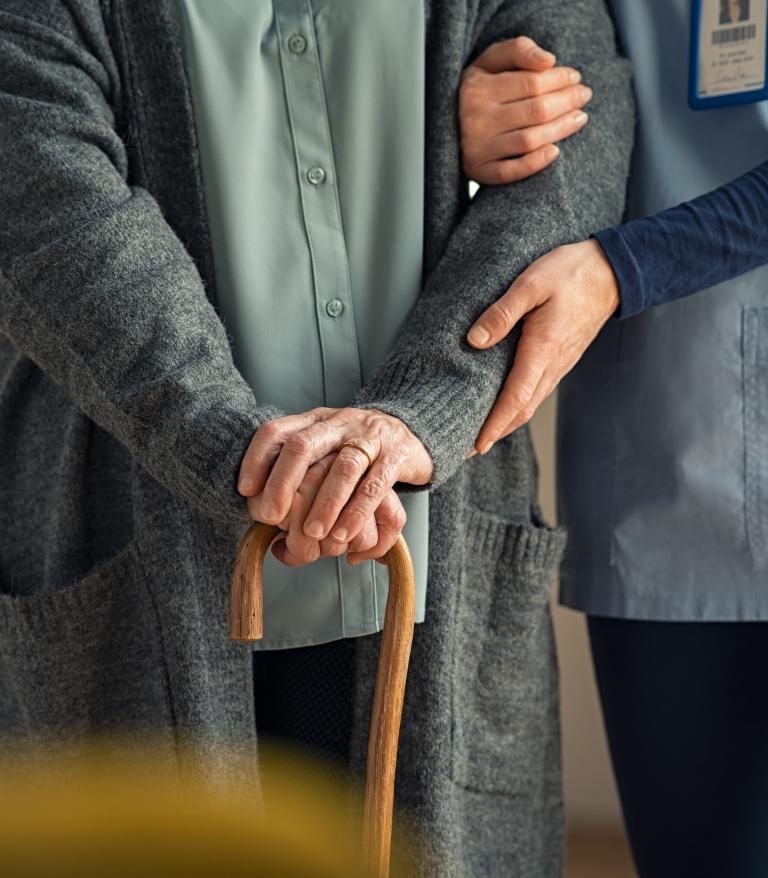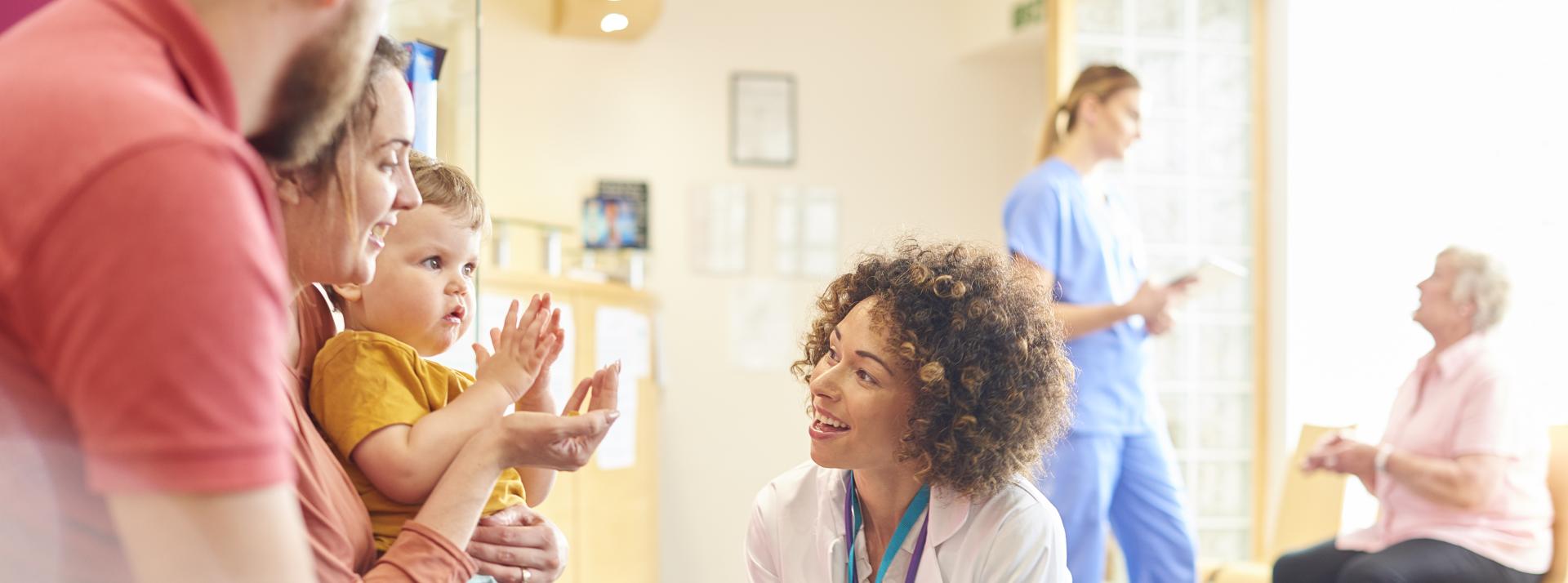Visiting hospitals and clinics
Learn about what to expect when you visit the hospital, clinics or other VCH healthcare facilities.
Hospital visiting hours
Family and visitors can be a great help in recovery. Visiting hours may vary depending on the unit. Contact general information in each hospital to determine visiting times before your visit.
- Vancouver General Hospital: (604) 875-4111
- UBC Hospital: (604) 822-7121
- G.F. Strong Rehabilitation Centre: (604) 734-1313
- Lions Gate Hospital: (604) 988-3131
- Richmond Hospital: (604) 278-9711
- Squamish General Hospital: (604) 892-5211
- Sechelt Hospital: (604) 885-2224
- qathet General Hospital: (604) 485-3211
- Bella Coola General Hospital: (250) 799-5311
- ƛ̓uxválásu̓ilas Heiltsuk Hospital (formerly R.W. Large Memorial Hospital): (250) 957-2314
Featured services

Stay home if you aren't feeling well
We want to give our patients and clients every chance to get well. Do not visit the hospital if you are feeling unwell, if you have a cold or the flu, or have been near someone else who is sick. It is also important to wash your hands or use available alcohol-based liquid/foam hand sanitizers before and after visiting a loved one in the hospital or clinic.
Frequently asked questions
-
I have a friend/relative in hospital, who do I contact to learn about visiting hours?
For all VCH hospitals and clinics. hours of operation are listed on their individual location page as it varies across each location. For other general inquiries, please check in with the location via phone call before visiting to determine the best time for your visit and what you should do when you arrive.
-
Who should I contact for my VGH inquiry if I'm not sure which department I belong to?
Connect with our VGH Hospital resource centre - CIBC Centre for Patients & Families at Vancouver General Hospital either through phone call or email to access their service.
Phone number: (604) 875-5887
Email: centreforpatients@vch.ca -
What are the COVID-19 regulations at VCH facilities? Do I need to wear a mask?
A temporary Provincial Mask Policy is in effect in VCH health-care facilities, including acute care and VCH community-based health-care services. Medical masks are available at these VCH sites.
Under the new policy, medical masks must be worn by all staff, volunteers, contractors and visitors in patient-care areas, including their associated waiting rooms. The policy does not apply to patients, and there are also exceptions for young children and for people with exemptions.
We no longer require visitors to show proof of vaccination before entering long-term, acute, or other health care facilities.




